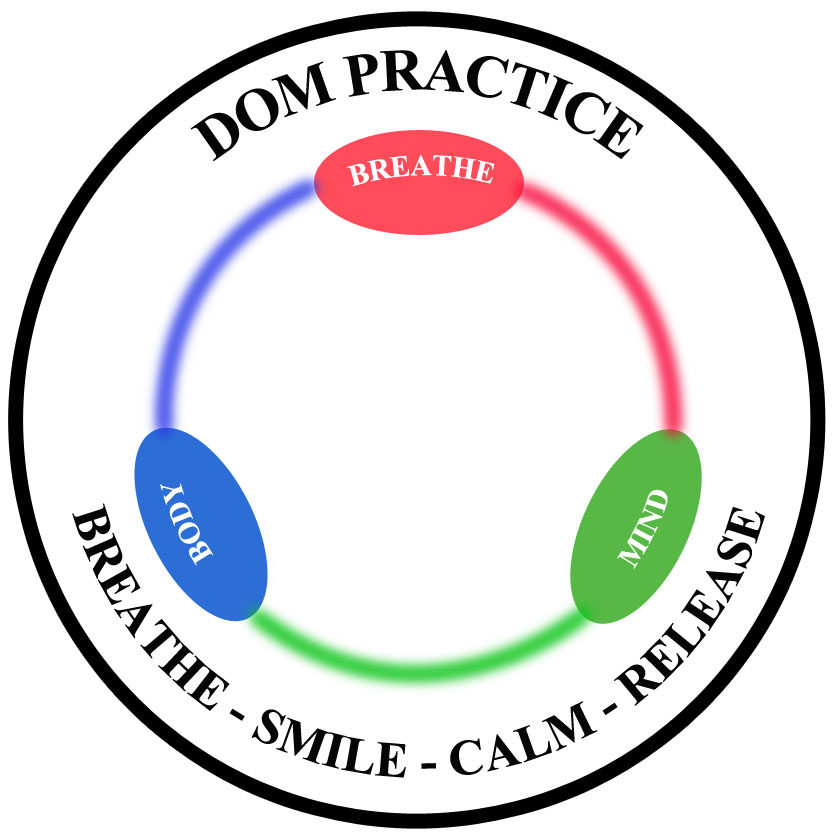The Story of a Childless Rich Man
While residing at the Jetavana monastery, the Buddha uttered Verse (355) of this book, with reference to a childless rich man. On one occasion, King Pasenadi of Kosala came to pay homage to the Buddha. He explained to the Buddha that he was late because earlier that day a rich man had died in Savatthi without leaving any heirs, and so he had to confiscate all that man's property. Then, he proceeded to relate about the man, who, although very rich, was very stingy. While he lived, he did not give away anything in charity. He was reluctant to spend his money even on himself, and therefore, ate very sparingly and wore cheap, coarse clothes only. On hearing this the Buddha told the king and the audience about the man in a past existence. In that existence also he was a rich man.
One day, when a paccekabuddha came and stood for alms at his house, he told his wife to offer some thing to the paccekabuddha. His wife thought it was very rarely that her husband gave her permission to give anything to anybody. So, she filled up the alms-bowl with some choice food. The rich man again met the paccekabuddha on his way home and he had a look at the alms-bowl. Seeing that his wife had offered a substantial amount of good food, he thought, "Oh, this bhikkhu would only have a good sleep after a good meal. It would have been better if my servants were given such good food; at least, they would have given me better service." In other words, he regretted that he had asked his wife to offer food to the paccekabuddha. This same man had a brother who also was a rich man. His brother had an only son. Coveting his brother's wealth, he had killed his young nephew and had thus wrongfully inherited his brother's wealth on the latter's death.
Because the man had offered alms-food to the paccekabuddha he became a rich man in his present life; because he regretted having offered food to the paccekabuddha he had no wish to spend anything even on himself. Because he had killed his own nephew for the sake of his brother's wealth he had to suffer in niraya for seven existences. His bad kamma having come to an end he was born into the human world but here also he had not gained any good kamma. The king then remarked, "Venerable Sir! Even though he had lived here in the lifetime of the Buddha himself, he had not made any offering of anything to the Buddha or to his disciples. Indeed, he had missed a very good opportunity; he had been very foolish."
Then the Buddha spoke in verse as follows:
|
Kết Một Tràng Hoa Thiền Sư Thích Nhất Hạnh |
Tích Truyện Pháp Cú Thiền viện Viên Chiếu |
Tâm Minh Ngô Tằng Giao Chuyển Dịch Thơ |
Translated by Acharya Buddharakkhita |
| Người u mê thường lấy sợi dây tham dục để tự trói mình, người ấy chưa có ước mong vượt sang bờ bên kia. Tâm tham dục là ruộng đất, tham sân si là hạt giống. Cái tham dục đó gây bại hoại cho mình và cho người khác. Trái lại, đối với người có khả năng bố thí và độ đời thì những phước đức thu hoạch được không thể đo lường. |
Tài sản hại người ngu, Không người tìm về bờ kia, Kẻ ngu vì tham giàu, Hại mình và hại người. |
Giàu sang, tài sản dồi dào Chỉ làm hại được kẻ nào ngu thôi, Dễ gì hại được những người Đang cầu giác ngộ hướng nơi Niết Bàn, Chỉ vì ham muốn giàu sang Kẻ ngu tự hại bản thân đã đành Hại thêm cả kẻ xung quanh. |
Riches ruin only the foolish, not those in quest of the Beyond. By craving for riches, the witless man ruins himself as well as others. |
